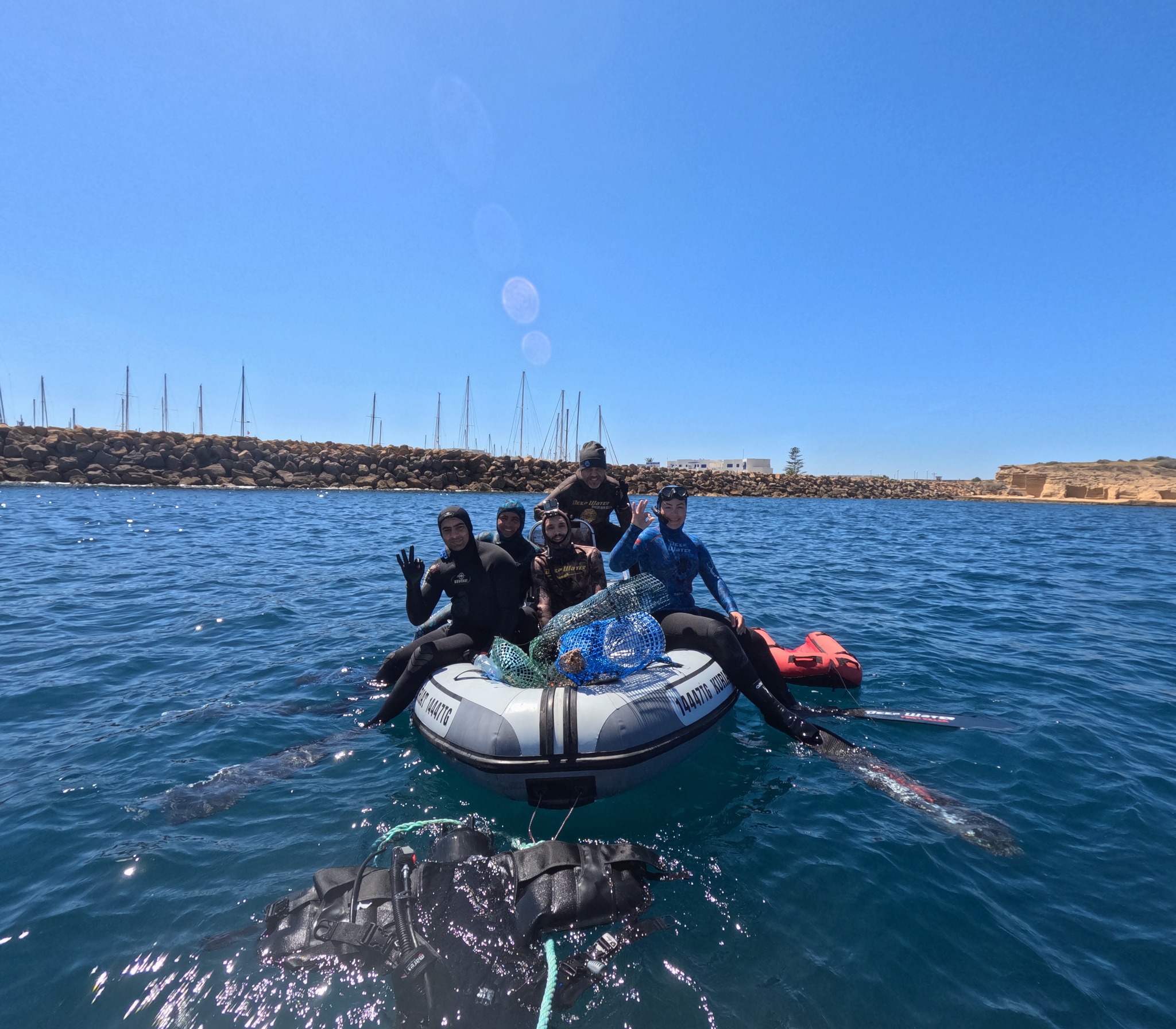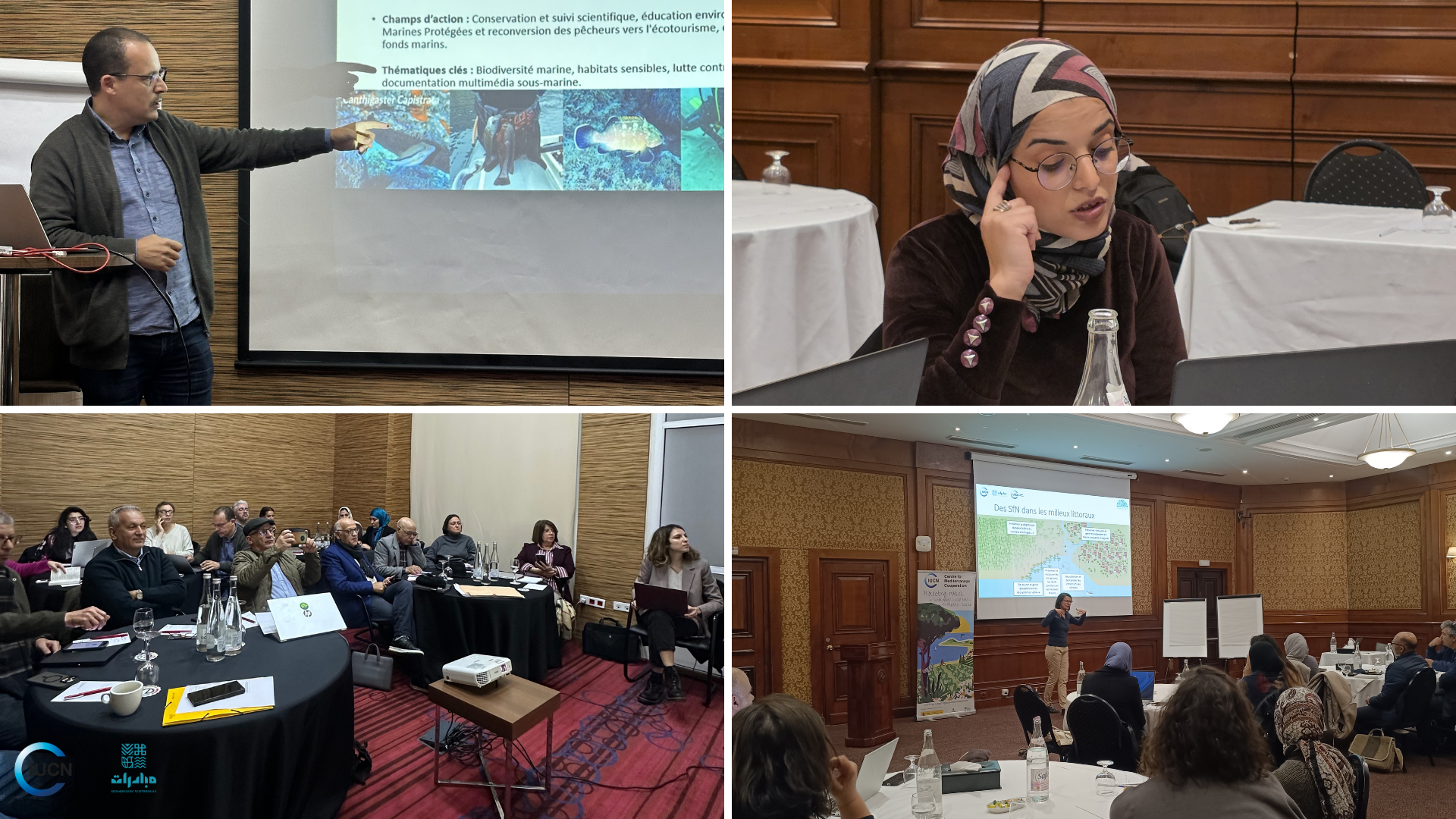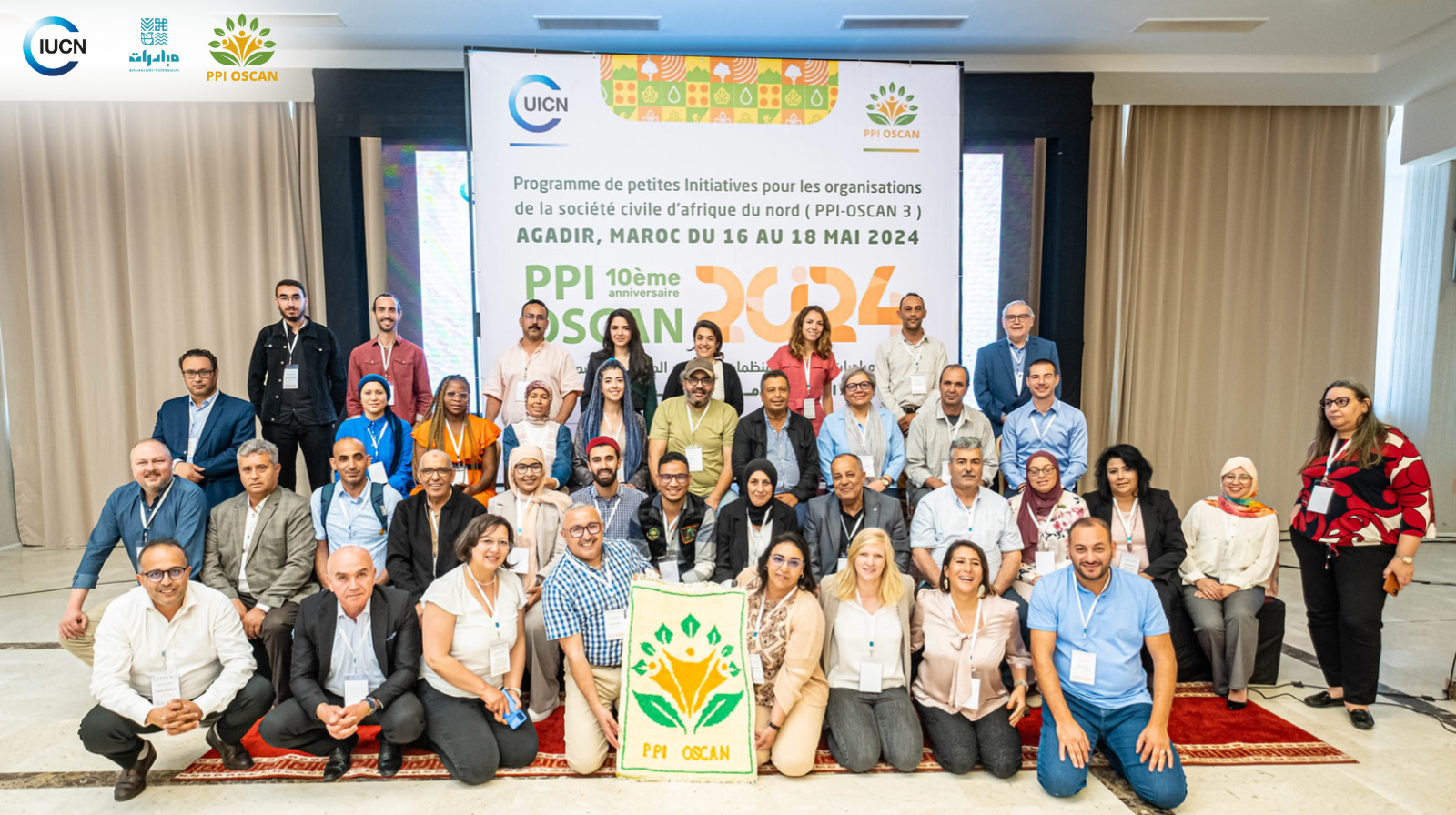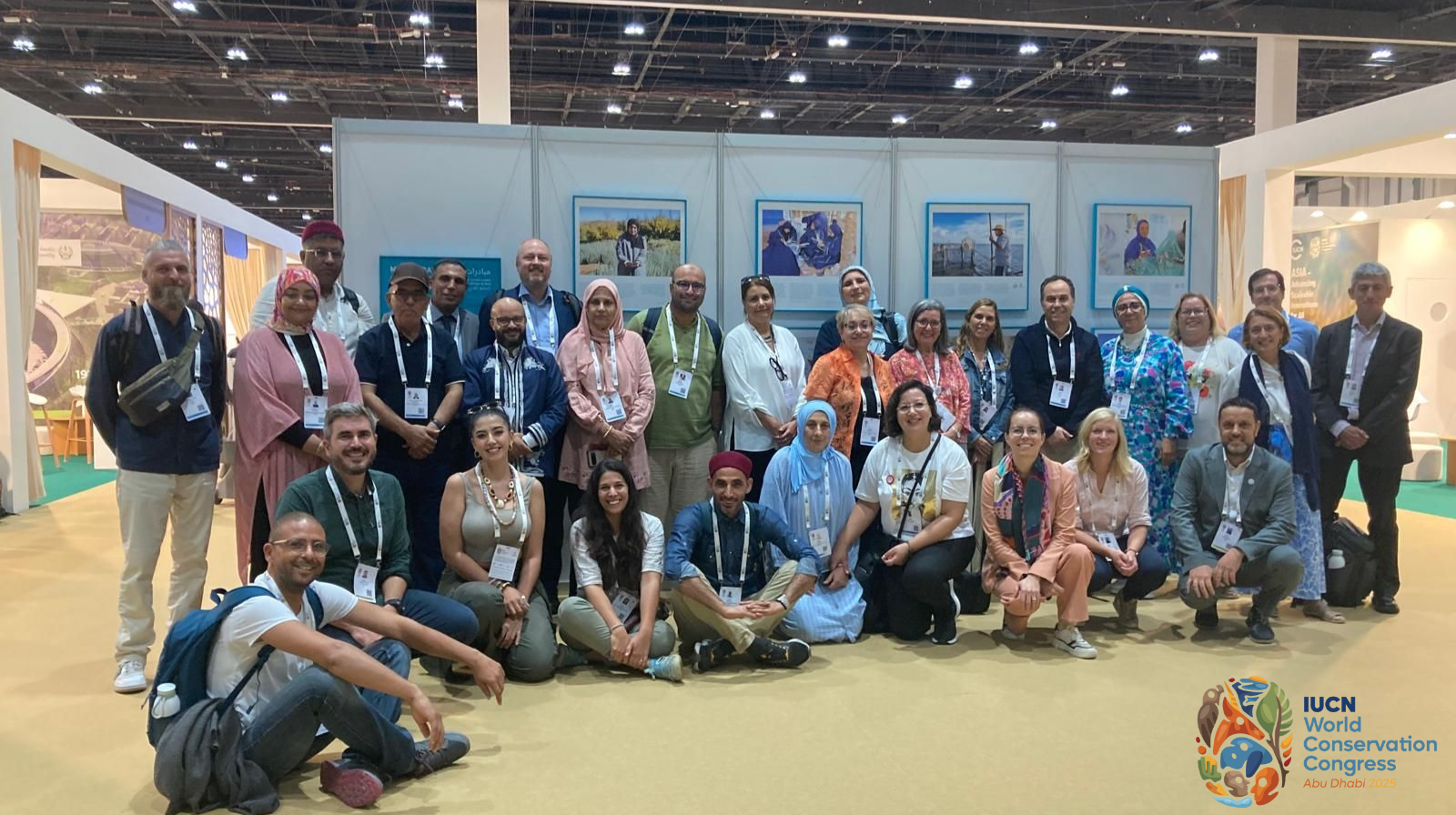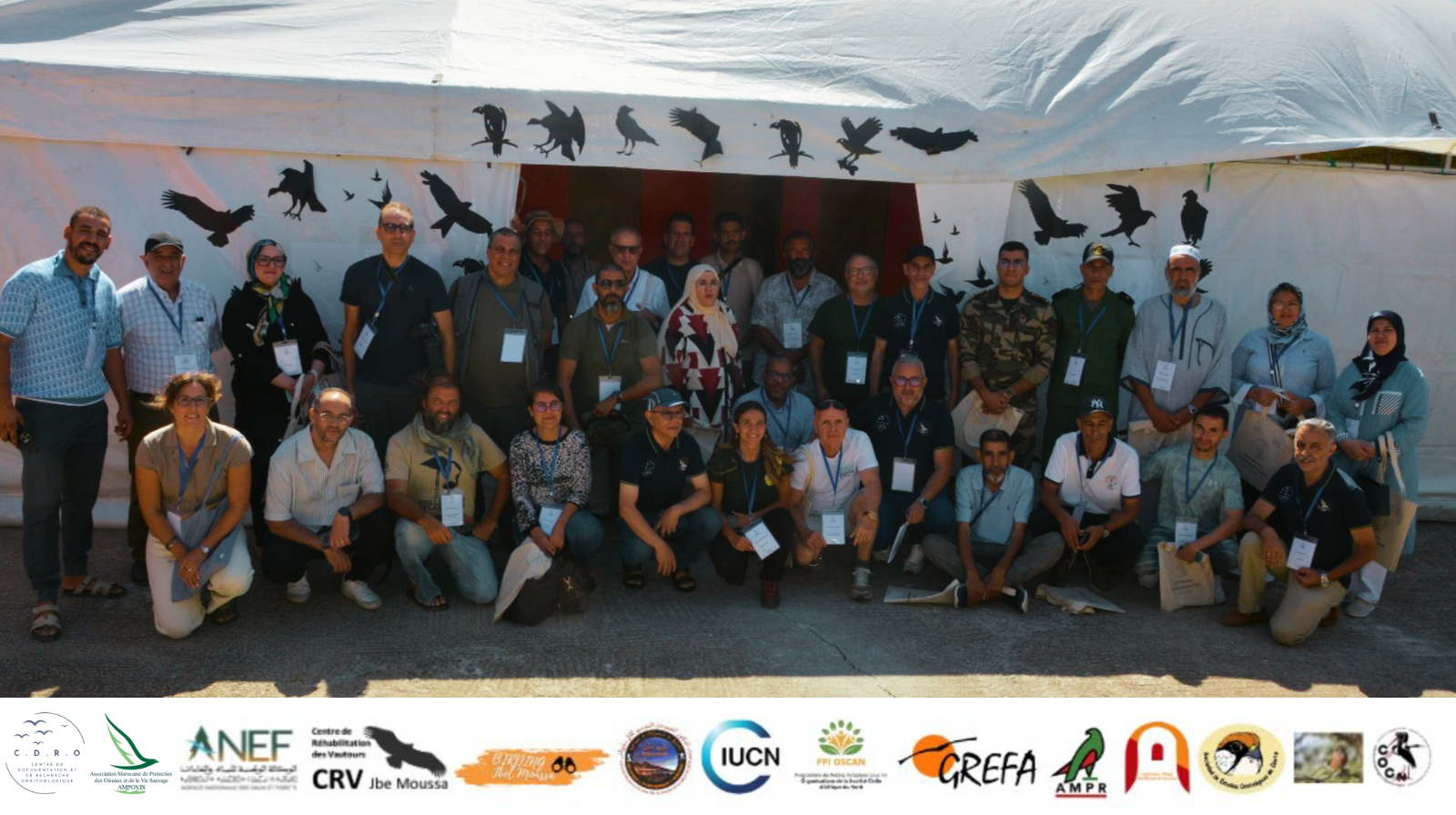Posidonia meadows:
underwater forests with a thousand virtues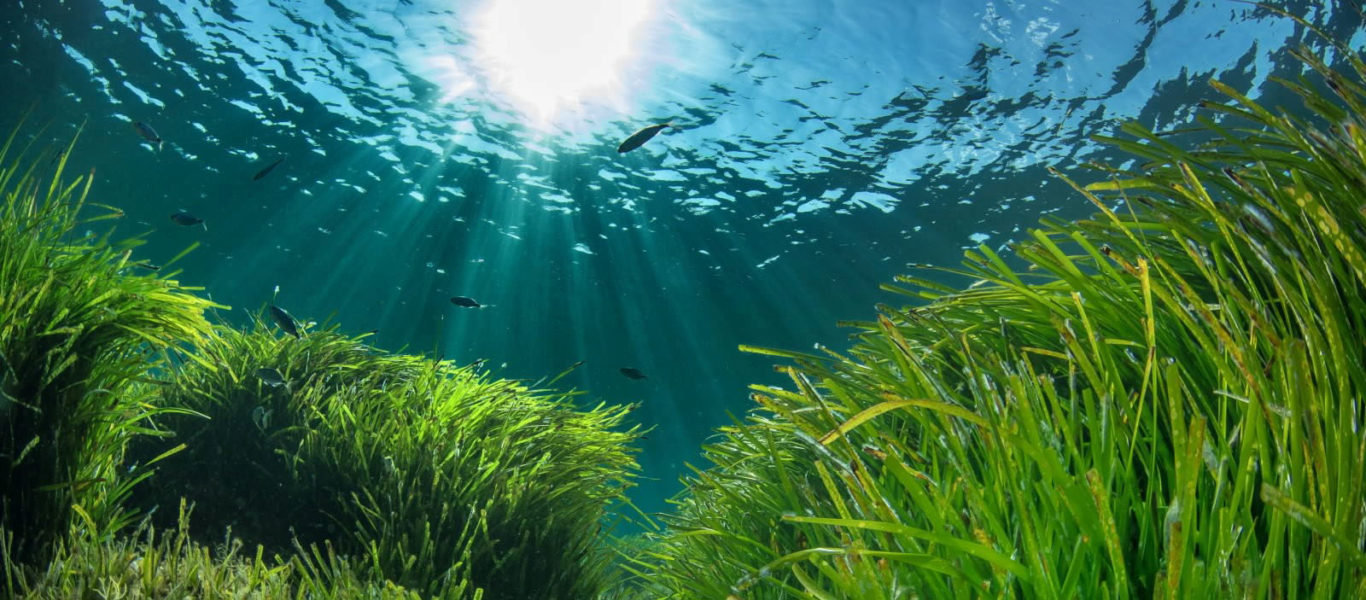
Silent and majestic, posidonia (Posidonia oceanica) has been carpeting the Mediterranean seabed for millions of years. Although it resembles a seaweed, this flowering marine plant – a true plant relic – belongs to an evolutionary lineage dating back to the age of the dinosaurs. With roots, flowers and olive-like fruits, Posidonia grows slowly (barely 1 cm per year) but can live for several thousand years. Yet this discreet rhythm conceals immense power.
Often overlooked or misunderstood when it washes up on beaches, Posidonia is in fact an ecological pillar. It plays a crucial role in combating coastal erosion thanks to its natural banks, provides shelter for thousands of marine species, filters and oxygenates water, and stores carbon in a sustainable way. It is at once the forest, the cradle, and the lifeguard of the Mediterranean. And yet, this emblematic endemic species is under threat, a victim of human impact, pollution and ignorance.
A project for a marine treasure
Aware of the urgent need to preserve this flagship species in the Monastir region, in 2023 the Association Notre Grand Bleu launched the Eco-Mer PPP project: Posidonie, Préservation, Prospérité, as part of the TransCap 3 program, with a holistic approach rooted in awareness-raising, enhancement, depollution and local capacity-building.
The project focused on the following strategic areas:
Raising awareness to protect
The first building blocks of conservation are knowledge and awareness. This pillar of the project aimed to engage fishermen, future fishermen and underwater hunters around the ecological and economic values of Posidonia and the impact of pollution on marine ecosystems. Through meetings, collaborative training and local exchanges, 68 participants were mobilized. Thanks to the support of local communities, an agreement was signed with the Club des Activités Nautiques de Monastir, paving the way for 7 prospecting missions and 3 missions to clean up the seabed in the Bay of Monatsir. The link between the preservation of sea grass beds and the prosperity of local fisheries was at the heart of the dialogue.
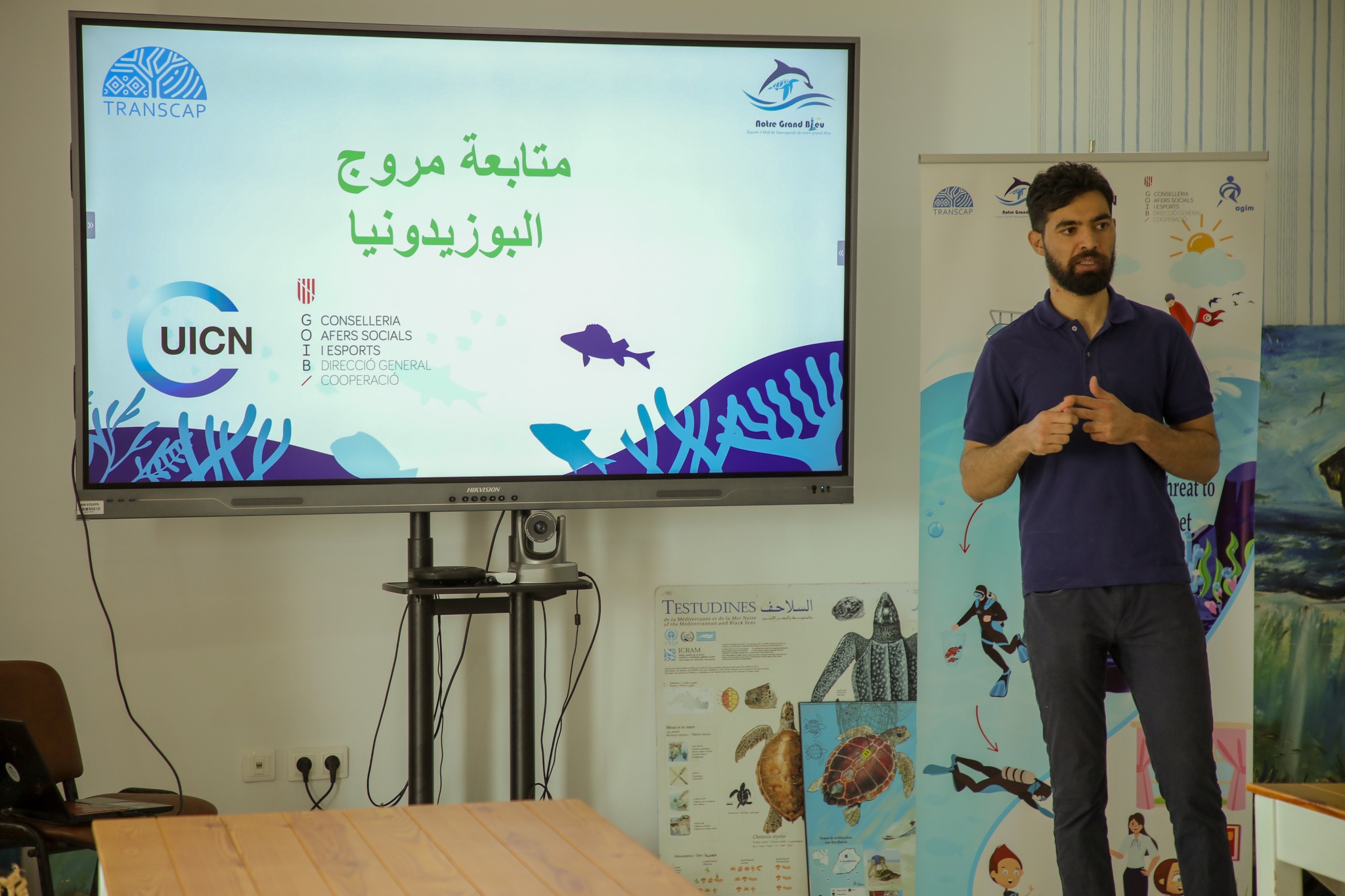
Cleaning up the deep: in search of ghost nets
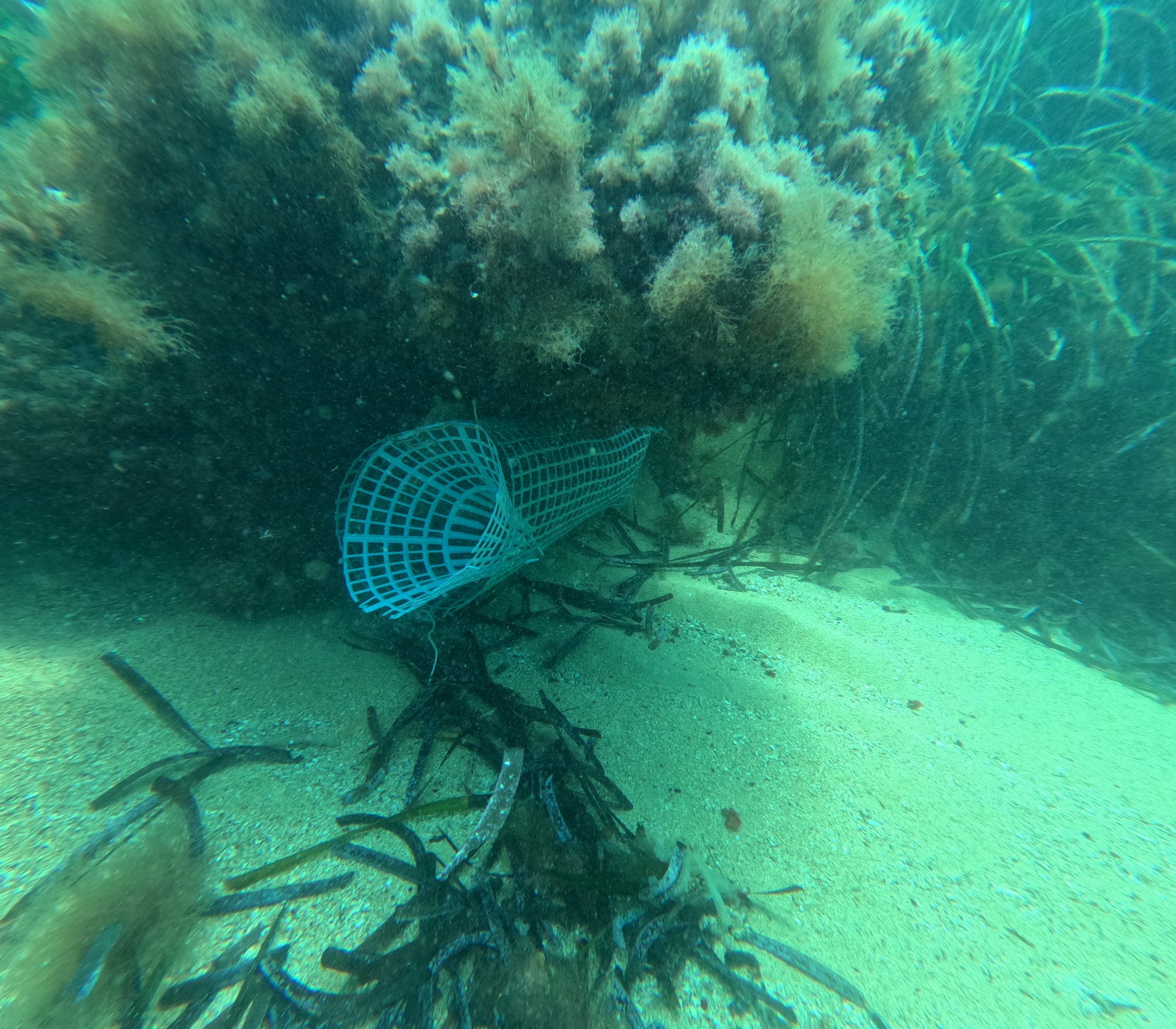
Protecting seagrass beds also requires direct action. The project has identified areas where marine litter accumulates, in particular ghost nets – abandoned fishing gear that continues to trap marine life. Four survey missions helped locate these invisible threats. During three clean-up missions, 500 plastic traps and 23 kg of ghost nets were removed from the seabed, with the participation of local fishermen and volunteer divers.
Enhancing the value of waste, enhancing the value of people
In an inclusive and circular approach, the project set up weekly marine waste recycling workshops, involving two centers for disabled people. Participants transformed the waste into artistic creations, generating the first revenues with a sale at a fair. A website is currently being developed to ensure the sustainability of this activity. At the same time, training has been provided for fishermen’s wives, who have learned to make traditional biodegradable traps, promoting more sustainable fishing.
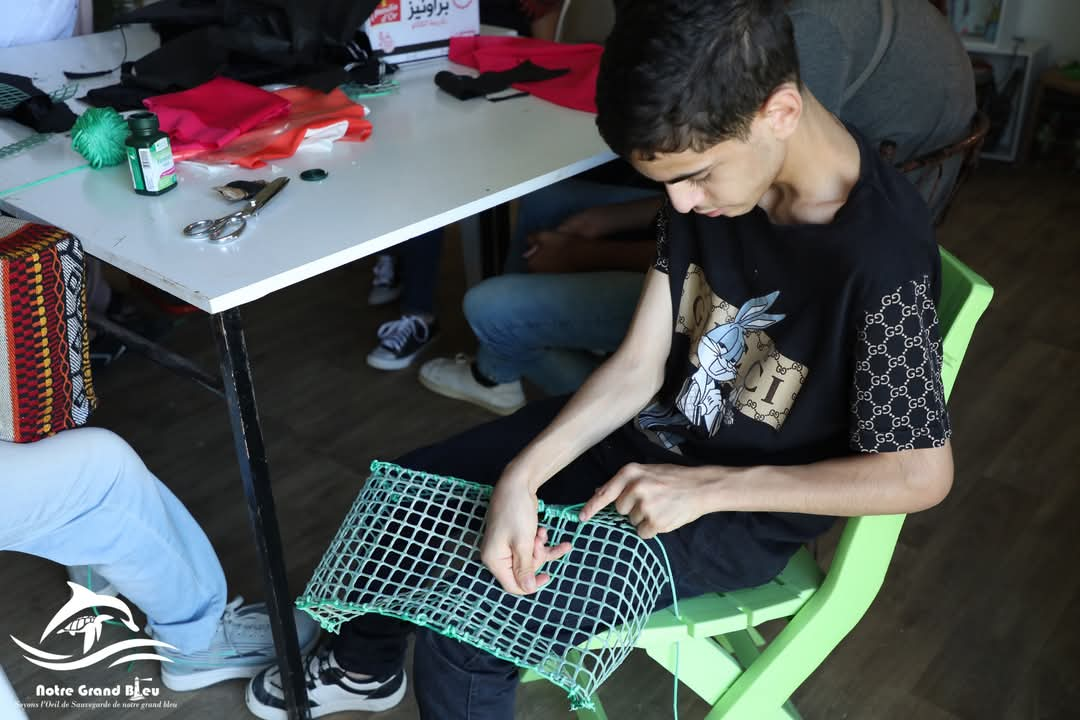
Training posidonia guardians
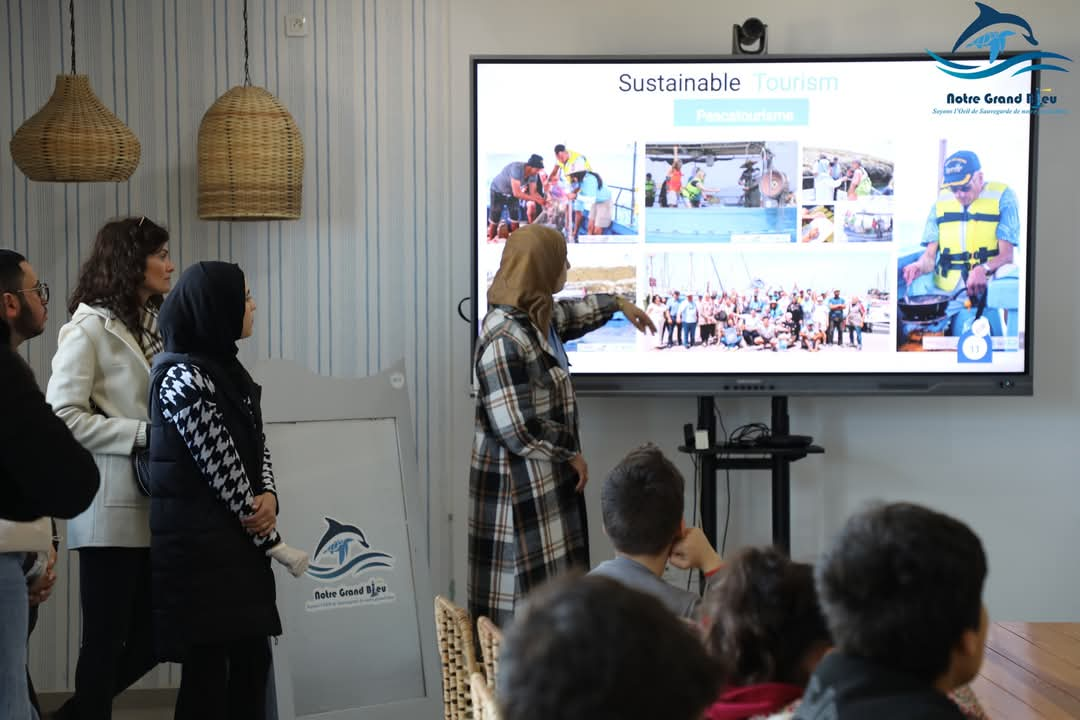
Young people are the future guardians of the sea. The project has begun theoretical and practical sessions to train them in techniques for monitoring and restoring Posidonia meadows. Through field activities such as tagging and density assessment, young members of the association have acquired basic skills in applied marine ecology.
Hotels and nature: towards a sustainable coexistence
Finally, the project has raised awareness among players in the tourism sector, particularly hoteliers, of the importance of conserving Posidonia banks on beaches, as a natural solution against erosion. An exchange mission to the Balearic Islands enabled us to observe inspiring examples, notably the use of the mille-feuilles method to stabilize the coastline. These exchanges have encouraged hotels in the region to adopt best practices in sustainable management.
A project in harmony with nature
The Eco-Mer PPP project is not just a program of activities. It’s a story of reconnection between humans and their sea, between tradition and modern solutions, between ecological richness and local prosperity. By giving posidonia back the place it deserves in our imaginations and conservation policies, the Association Notre Grand Bleu reminds us that the Mediterranean can still regain its balance, provided we listen to it and respect it.

